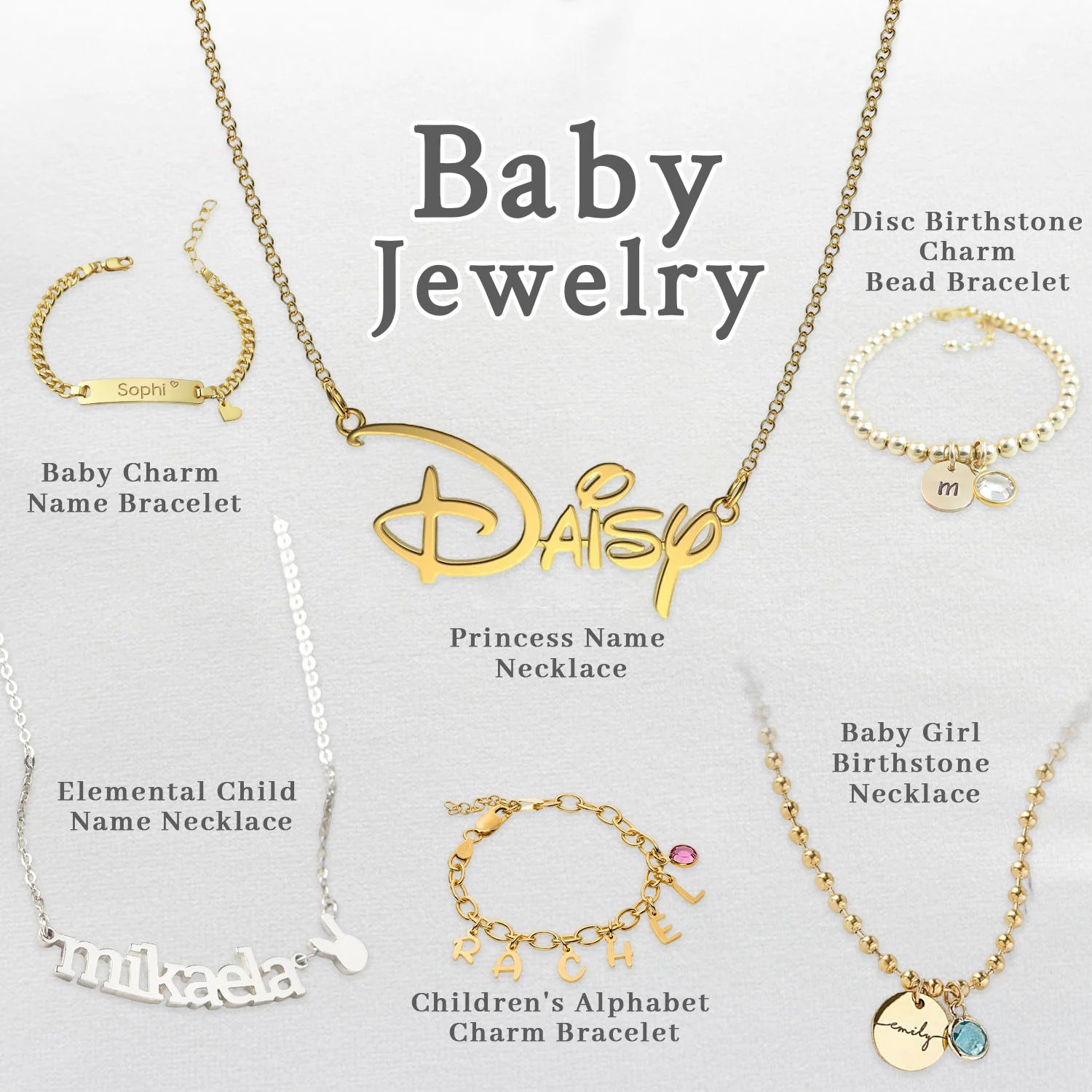Essential Nutrients for Your Baby and How to Prepare Healthy Meals
As a new parent, one of your top priorities is ensuring your baby gets all the nutrients they need to grow healthy and strong. Proper nutrition is crucial in the first year of life, as your baby’s body and brain develop at a rapid pace. Understanding the essential nutrients your baby requires and learning how to prepare healthy, age-appropriate meals can make feeding time a joyful and nourishing experience for both you and your little one.
1. The Key Nutrients Your Baby Needs
From birth through the first few years, your baby will rely on several vital nutrients for their growth and development. Let’s take a closer look at the most important ones and why they matter:
-
Proteins
Proteins are the building blocks of your baby’s muscles, organs, and tissues. Babies need sufficient protein to support cell growth and repair, as well as to boost their immune system. In the early months, breast milk or formula will provide all the necessary protein. As your baby transitions to solids, you can introduce pureed meats, beans, and lentils as excellent protein sources. -
Iron
Iron is essential for producing healthy red blood cells, which carry oxygen throughout the body. Iron is particularly important for brain development and can help prevent anemia. While babies are born with enough iron stores to last about six months, they will need dietary iron after that. Iron-fortified baby cereals, pureed meats, and spinach are all great options. -
Healthy Fats
Healthy fats are crucial for brain development, as a baby’s brain triples in size during the first two years of life. Breast milk and formula naturally contain these fats, and when your baby starts solids, foods like avocados, fish (such as salmon), and full-fat dairy products will help provide healthy fats. -
Calcium and Vitamin D
Calcium is vital for developing strong bones and teeth, while vitamin D helps the body absorb calcium. Breast milk contains calcium, but it may not provide enough vitamin D. Pediatricians often recommend vitamin D supplements for breastfed babies. Yogurt, cheese, and fortified baby cereals can provide additional calcium as your baby grows. -
Vitamin A and C
Vitamin A is important for eye health and immune function, while vitamin C helps with skin health and iron absorption. Foods like sweet potatoes, carrots, oranges, and strawberries are rich in these vitamins, and they’re easy to incorporate into your baby’s diet.
2. How to Prepare Healthy Meals for Your Baby
Now that we’ve covered the essential nutrients, let’s explore how you can create simple, nutritious meals for your baby, depending on their age and stage of development.
0-6 Months: The Exclusive Breast Milk/Formula Stage
In the first six months, your baby will rely solely on breast milk or formula for all their nutritional needs. Breastfeeding is the gold standard for baby nutrition, but formula feeding is a healthy option as well. It’s important to ensure that your baby is fed on demand, meaning when they show signs of hunger, rather than sticking to a strict schedule. Watch for cues like sucking on hands, turning their head toward the breast (rooting), or becoming fussy.
If you’re formula-feeding, choose a formula that is iron-fortified and consult with your pediatrician about the best option for your baby.
6-8 Months: Introducing Solids
Around 6 months of age, your baby will be ready to start solids. Here are some tips to get started:
- Single-grain cereals: Start with iron-fortified rice or oatmeal cereals mixed with breast milk or formula. The consistency should be very thin at first, similar to a soup.
- Pureed fruits and vegetables: Introduce soft, easily digestible foods like mashed bananas, applesauce, pureed sweet potatoes, or carrots. Start with one new food every few days to monitor for any allergies.
- Small portions: Offer small spoonfuls and let your baby explore new textures. Babies have small stomachs, so a little goes a long way!
8-10 Months: Expanding the Menu
As your baby becomes more accustomed to eating, you can start offering a wider variety of foods:
- Proteins: Introduce pureed meats (chicken, turkey, or beef) and soft beans or lentils. These will provide much-needed protein and iron.
- Finger foods: Babies at this stage love to practice feeding themselves. Offer small, soft pieces of steamed vegetables, soft fruits, or well-cooked pasta.
- Dairy products: Small amounts of full-fat yogurt and cheese can be introduced, providing calcium and healthy fats.
Remember to keep meals fun and stress-free. Let your baby explore the food, even if they get a bit messy!
10-12 Months: Transitioning to More Textured Foods
By 10 months, many babies are ready to handle more texture and small chunks of food. You can begin introducing:
- More finger foods: Pieces of soft fruit (like peaches or pears), scrambled eggs, or well-cooked vegetables can be offered for self-feeding.
- Whole grains: Offer small pieces of whole-grain bread, pasta, or brown rice to provide fiber and additional nutrients.
- Encourage variety: At this stage, it’s important to offer a wide range of flavors and textures to help develop your baby’s palate. Don’t be afraid to experiment with different fruits, vegetables, and proteins.
3. Baby-Led Weaning vs. Purees: Which Method is Best?
When introducing solids, you may have heard of two common approaches: spoon-feeding purees and baby-led weaning. Here’s a brief overview of both:
-
Spoon-feeding purees: This traditional approach involves offering smooth, blended foods from a spoon. It allows you to control the texture and pace of feeding, which can be helpful for babies who need a little more time adjusting to solid foods.
-
Baby-led weaning: This method encourages babies to feed themselves from the start. Soft finger foods (such as avocado slices or steamed carrot sticks) are offered, and babies explore the textures and tastes on their own. This can help develop fine motor skills and give babies more control over how much they eat.
There’s no right or wrong choice—it’s all about what works best for you and your baby! Some parents prefer to combine both methods, offering purees and finger foods to give their baby the best of both worlds.
4. Tips for Preparing Safe, Nutritious Baby Meals
As you embark on your baby-feeding journey, safety is just as important as nutrition. Here are some key tips to keep in mind:
- Avoid choking hazards: Make sure all foods are soft, small, and easy for your baby to swallow. Avoid whole grapes, raw carrots, nuts, and large chunks of food that could pose a choking risk.
- Limit salt and sugar: Babies’ kidneys are still developing, so it’s best to avoid adding salt to their food. Likewise, there’s no need for added sugar—fruits and vegetables provide plenty of natural sweetness!
- Introduce allergens early: Recent research suggests introducing common allergens (like peanut butter, eggs, and dairy) around 6 months may reduce the risk of developing allergies later. Offer these foods in small amounts and always monitor for reactions.
5. Creating Healthy Eating Habits for Life
Establishing good eating habits early on can help set the foundation for a lifetime of healthy eating. Here are a few ways to encourage positive habits:
- Model healthy eating: Babies learn by watching you! If they see you enjoying fruits, vegetables, and whole grains, they’re more likely to develop a taste for those foods.
- Let your baby explore: Babies are naturally curious, so let them touch, squish, and even play with their food. This sensory exploration helps them become more comfortable with new textures and flavors.
- Be patient with picky eaters: If your baby rejects a food, don’t give up! It can take several tries for a baby to accept a new food. Keep offering it in different ways, and they may come around.
Conclusion
Feeding your baby is an exciting adventure filled with discovery and growth. By providing a balanced diet with all the essential nutrients, you’re giving your baby the best start in life. Whether you choose purees, baby-led weaning, or a combination of both, the key is to make mealtime a positive, nourishing experience. And remember, every baby is unique—what works for one may not work for another, so trust your instincts and enjoy the journey!




















Leave a comment